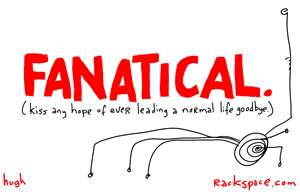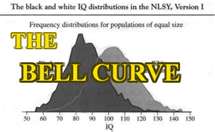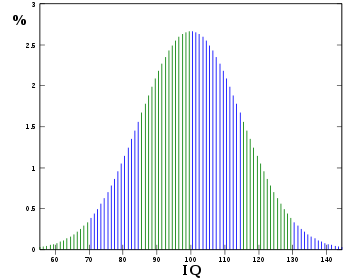 I pissed off a co-worker again. Not surprised, are you? I did hold back from making the full argument which would have really escalated the situation. It’s happened over a subject I’m a little passionate about and that is calling Independence Day the 4th of July. They are not synonyms! The 4th of July is a day of the year, like April 12th. Independence Day is a day that celebrates our independence from Britain.
I pissed off a co-worker again. Not surprised, are you? I did hold back from making the full argument which would have really escalated the situation. It’s happened over a subject I’m a little passionate about and that is calling Independence Day the 4th of July. They are not synonyms! The 4th of July is a day of the year, like April 12th. Independence Day is a day that celebrates our independence from Britain.
I’ll recap the debate.
********************************
Co-worker: July 4th is coming up.
Me: Independence Day, you mean.
Co-worker: Same thing.
Me: No, actually not. Most countries have their own Independence Day and it is on different days of the year. The 4th of July is just a date.
Co-worker: What do they call the 4th of July in England?
Me: I’m not sure.
Co-worker: Ha, see, I told you so.
Me: I’m not sure you told me that. I suppose they call July 4th the 4th of July in England. But that’s not the question. What do they call Independence Day in France?
Co-worker: I don’t know.
Me: Bastille Day, it falls on July 14.
Co-worker: So, what do they call Independence Day in England.
Me: I’m not sure but not the 4th of July.
Co-worker: Ha, see, I’m right then.
Me: *Stunned silence*
Co-worker: Why are you being such a dick today, get out of here.
Me: *Leaves*
*******************************
So, what just happened there? My co-worker completely lost track of his argument and eventually took my original position and claimed it was his own. It’s a common tactic I see although I don’t really think it’s a tactic. I think it’s muddle-headed thinking combined with the inability to admit an argument is wrong, which is a hallmark of religious, faith-based thinking. Yes, my co-worker is a religious Republican. But, to be fair, I see it in religious Democrats well.
My co-worker, by arguing that everyone calls the date July 4, “the 4th of July”, but people have different names for independence day depending on their country of origin proves that the 4th of July and Independence Day are not synonymous. My original point. Yet, he believed he “won” the argument. I left without pointing this out, which save me from further alienating my co-worker, but rankles me. I don’t mind being wrong. I really don’t. When someone brings forth a fact or a thought I hadn’t considered I’m actually generally pretty happy. It’s like a shiny new toy for me. To think about, to analyze, to ponder. I like that.
The underlying issue is the inability to admit being wrong. I think it is general human nature to not want to admit to a mistake but I find that faith-based thinking leads to extreme levels of delusion when it comes to this principle. A faith-based thinker must somehow rationalize their argument as correct even when it is demonstrated as false.
The three ways I see this happening are 1) as above. The person changes his position to the correct one but claims that is what they said all along. 2) The person refuses to speak about it anymore generally at the same time calling the person or people on the other side idiots, or 3) The person sticks to their original, wrong arguments, but every more loudly and insultingly.
What it all means is that it’s difficult to have a productive discussion with faith-based thinkers. They will not, cannot, accept being wrong about anything. Even one mistake might mean that their entire philosophical world could come tumbling down. interestingly this thinking rarely intrudes onto their business decisions but is paramount in political and philosophical questions.
What I want to say to faith-based thinkers, and rational thinkers who lock onto their positions is this. Relax, it’s ok to be wrong. Listen to the other point of view. Debate with logical arguments. The end result is worth it, even if it turns out you were wrong to begin with.
Tom Liberman
Sword and Sorcery fantasy with a Libertarian Twist
New Release: The Hammer of Fire




